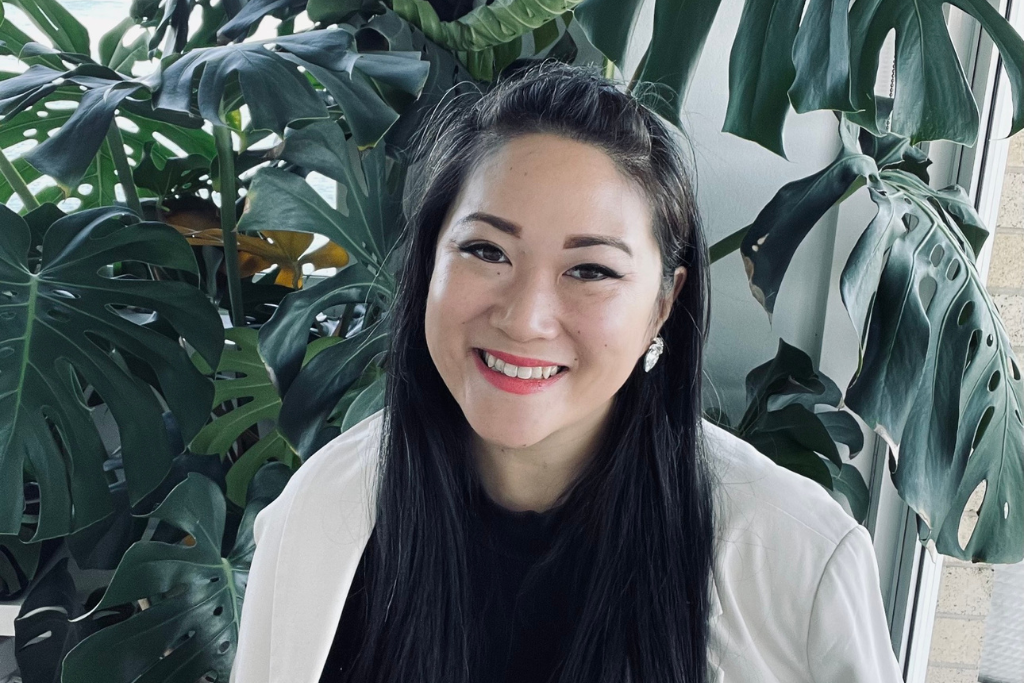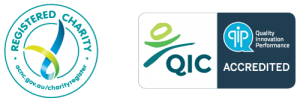
Name
Role
Workplace Engagement Manager at Black Dog Institute
Elevator pitch: Tell us about your role and the work your organisation does
I work with organisations to advise them organisational, team and individual level interventions to help make mental health ‘better’ – Together, we aim for ‘better’ days, ‘better’ teams and ‘better’ workplaces.
What’s the current focus for you and your organisation in workplace health and wellbeing?
Providing a pathway/s to grow mental health leadership capacity, beyond one initiative.
What aspect of workplace health and wellbeing does your organisation do well in?
Using research to guide the development of workplace mental health leadership programs and having those programs create real world, measurable impact. For example, in the past year of the 4,000 people leaders that did a mental health leadership program – 84% initiated a mental health conversation and 75% took an action to reduce a risk, within three months of completing a 3-hour program.
What’s your biggest challenge working in workplace health and wellbeing?
Creating foresight in pathways for effective mental health interventions that will support business growth and productivity.
What do you feel are the key issues and considerations for people working in this sector?
Self-care. Be the change you want to see. What do I mean by that? In addition to research and resources we now need real-world examples of implementation to role model what a mentally health workplace looks like. To do that, we all need to be practising what we preach and be exemplary at self-care to be more impactful at an individual, team and organisational level.
We need to maintain resilience levels for ourselves and grow resilient organisations. We need strong levels of awareness about risk factors and proactive management of mental health risks for ourselves, others and organisations as a whole. Finally, the most powerful way we can influence in this sector is to use our own stories of help-seeking to empower others to better their mental health too.
What do you think the future of workplace health and wellbeing looks like?
I am seeing the growing levels of awareness about risk factors and the future will see us aiming beyond awareness, towards more proactive management of mental health risks for ourselves, others and organisations. This makes business sense not only because managing legal and business risk but, when it’s embedded in organisational ways of working, it will enable greater sustainability of businesses and the individuals working in them.
What are your key practices and priorities for your own wellbeing at work? What about your team’s?
For myself- Variety and self-care. Using my autonomy to design each week to create the ability to give, learn, exercise, be mindful and connect with others. I keep Fridays meeting-free to connect with others and connect with our greater purpose. In addition, I deliver mental fitness presentations for youth, as a volunteer presenter, which gives me a great sense of meaning.
Our team- Thankfully, as a result of working in a purpose-driven organisation our team are constantly ‘giving’ through serving our clients. Staying connected in a hybrid work environment takes constant communication but we all make effort each week to stay connected. For being mindful, we are advocates of an app that enables us to practice mindfulness at work, called Mindarma. For learning, we try to have fortnightly collaboration meetings to share case studies we can each learn from. We each have different exercise regimes – for example, one team member recently had an aim of running 80km while my focus was on 1-3 sessions of pilates each week.
How does WayAhead Workplaces bring value to your organisation’s work, and to yourself as a professional?
WayAhead Events enable me to practice 2 out of 5 of the ‘Five Ways to Wellbeing’ framework for self-care we use. Those are: Learning and Connecting. Actively participating with the community of WayAhead Workplaces is my own way to implement self-care and, of course, share opportunities to increase reach and impact with the rest of our team. It’s critical that we work as like-minded individuals in a community to ensure that mental health is a collective responsibility.


